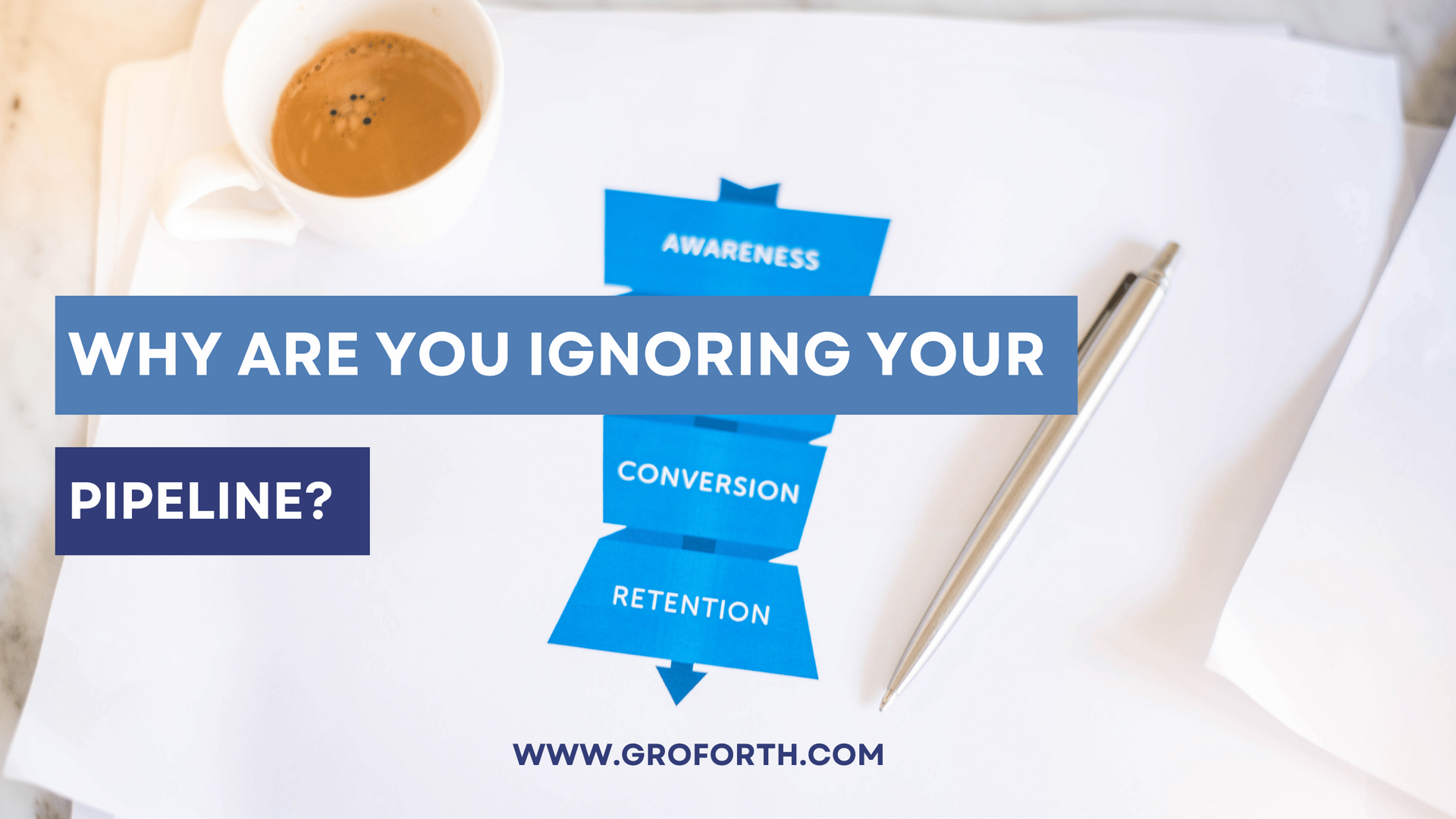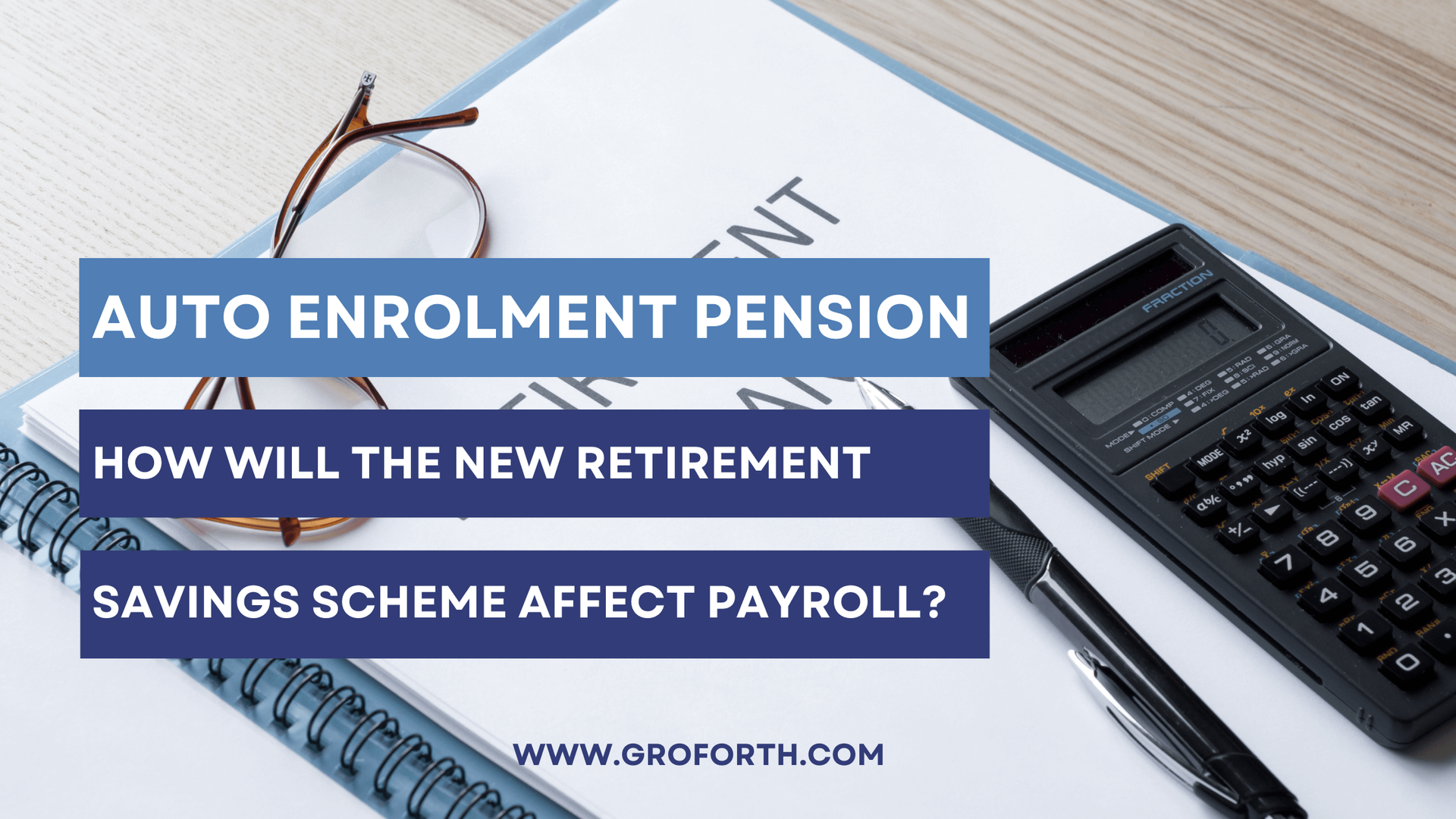Budgeting to Tackle Inflation

Business owners across Ireland face rising costs this year which means it’s more important than ever to plan ahead and allow sufficient time for budgeting, says Nikki Johns.
According to a recent Central Bank report, inflation is expected to average 6.5% this year before moderating to 2.8% in 2023 and 2.1% in 2024. This needs to be taken into account when reviewing your budgets and updating your business plan for the months ahead.
Two other significant recent developments that also need to be factored in to your budget include the introduction of statutory sick pay and auto enrolment pensions.
Statutory Sick Pay
The Government recently announced a new law which will give all workers in Ireland the right to paid sick leave. The plan is that sick pay will be paid by employers at a rate of 70% of an employee’s wage, subject to a daily maximum threshold of €110. When enacted, the new scheme will start with an entitlement to three days statutory sick pay per year, rising to five days in 2024, seven days in 2025, and ten days in 2026.
This is potentially a very onerous additional cost for employers, particularly hospitality, convenience stores and similar businesses where staff who are out sick need to be replaced in order to continue to serve customers. Business owners will need to work out how to meet the costs of the new scheme so that they can make appropriate provision in their budget for the coming year.
Pensions
The Government also plans to introduce auto-enrolment pensions which will give employees access to a workplace pension savings scheme co-funded by their employer and the State.
Employees who enrol in the scheme will have their pension savings matched on a one-for-one basis by their employer. The State will also provide a top-up of €1 for every €3 saved by the worker.
It is envisaged that auto enrolment will be gradually phased in, with both employer and employee contributions starting at 1.5%, and increasing every three years by 1.5% until they eventually reach 6% by 2034.
According to Minister for Social Protection, Heather Humphreys, all employees not already in an occupational pension scheme, aged between 23 and 60 and earning over €20,000 across all of their employments, will be automatically enrolled in the new scheme which is due to be set up by 2023 for employee enrolments in 2024. While participation in is voluntary, the scheme will operate on an ‘opt-out’ rather than an ‘opt-in’ basis.
If your business has employees who are not already in an occupational pension scheme, you will need to calculate the cost of auto-enrolment and make appropriate provision in your budget.
Tax debt warehousing
If your business availed of debt warehousing during the Covid-19 pandemic, now is the time to agree a payment plan with Revenue if you haven’t already done so. Again, remember to make provision for these payments in your budget.
Monitor costs
Throughout the year it is important to monitor your actual costs against what you budgeted for. Reviewing your management accounts on a monthly basis is the best way to do this. If your actual costs are higher than expected, you will need to address any relevant issues and update your budget accordingly. Keep an eye out for opportunities to eliminate waste and/or to make savings by renegotiating contracts, switching suppliers, or outsourcing functions like bookkeeping or payroll that require specialist skills.
If you are a GroForth client and require assistance with any of the issues highlighted in this article, please contact a member of our team.
GroForth Blog










